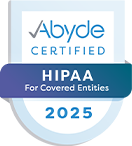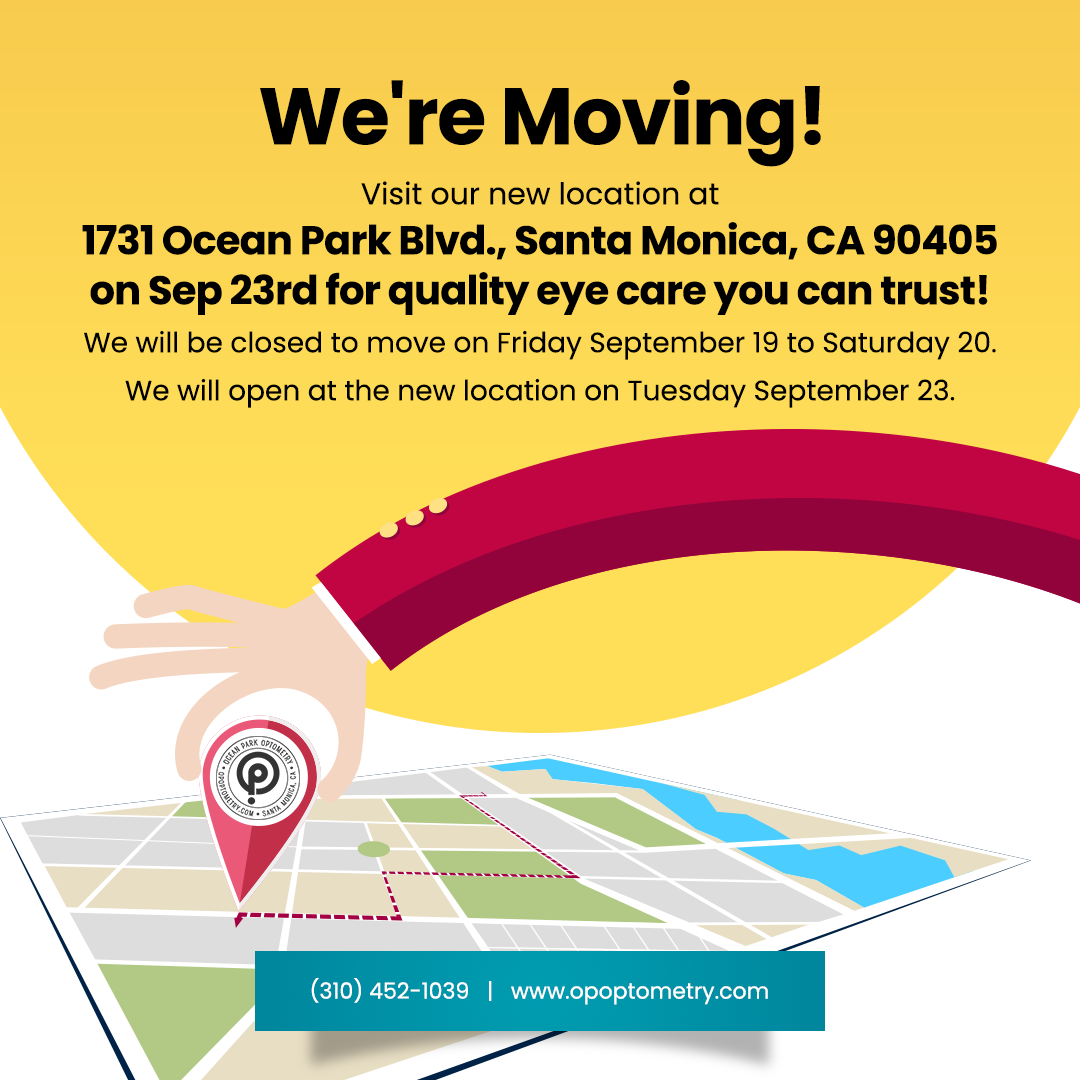
Contact lenses are popular vision correction devices that help wearers see clearly. Unlike eyeglasses, the lenses are worn directly over the eye, which means they should fit correctly. Apart from providing the desired vision correction, the lenses should be comfortable.
They are available in different designs and materials to suit every need. Some people find it difficult to wear regular contact lenses and require specialty contact lenses. Find out who needs specialty contact lenses and why.
Understanding Specialty Contact Lenses
Regular contact lenses are designed for people with perfectly shaped corneas, which means they are unsuitable for some. Some people find it difficult to wear contacts as they suffer from severe dry eyes.
Specialty contacts are customized lenses designed for individuals with corneal conditions that make it difficult to wear conventional contact lenses. There are various types of specialty contacts to deal with different eye issues. Wearers can enjoy clear vision without turning to eyeglasses.
Who Needs Specialty Contact Lenses?
Patients with hard-to-fit eye conditions can find it difficult to wear contact lenses. Those who need specialty lenses are patients with various eye or vision health conditions, including:
Dry eye
High astigmatism
Keratoconus
Giant papillary conjunctivitis
Presbyopia
Corneal scarring
Post-corneal surgery
Post-LASIK
A contact lens exam is essential to determine the suitable candidates for specialty contact lenses. If you experience general discomfort from wearing contact lenses, talk to your doctor about specialty lenses.
Why Choose Specialty Contact Lenses?
There are several reasons why people choose to wear specialty contact lenses. They are custom-fit and provide a safe and comfortable vision correction option for wearers. The lenses help improve vision and correct eye conditions such as astigmatism.
They are more functional and comfortable than traditional contacts for patients with hard-to-fit eyes. They do not exacerbate the symptoms of eye conditions such as dry eyes. If you have an eye health condition, your eye doctor can recommend the best lenses for you.
Types of Specialty Contact Lenses
Specialty contact lenses are customized to suit the individual depending on their condition. They are available in different types, including:
Toric contact lenses
Rigid gas permeable lenses
Scleral contact lenses
Orthokeratology (ortho-k) lenses
Limbal fit contact lenses
Corneal-scleral lenses
Hybrid lenses
Prosthetic contact lenses
Fitting for Specialty Contact Lenses
Specialty lenses are tailored to fit individual patients. It means they are fitted with precision. Patients usually require more visits to an eye specialist to ensure a proper fit. Automated measuring and imaging devices may be used during the fitting. The complexity of the corneal condition will determine the best size, material, and fit of the lens.
The availability of specialty contact lenses has made it possible for those previously considered poor candidates to wear them. Advanced technology has helped ensure optimum vision, quality, fit, and care of contact lenses. Most patients who choose custom lenses are pleased with the results.
For more on specialty contact lenses or to book a visit, call Ocean Park Optometry at (310) 452-1039 to reach us in Santa Monica, California.













